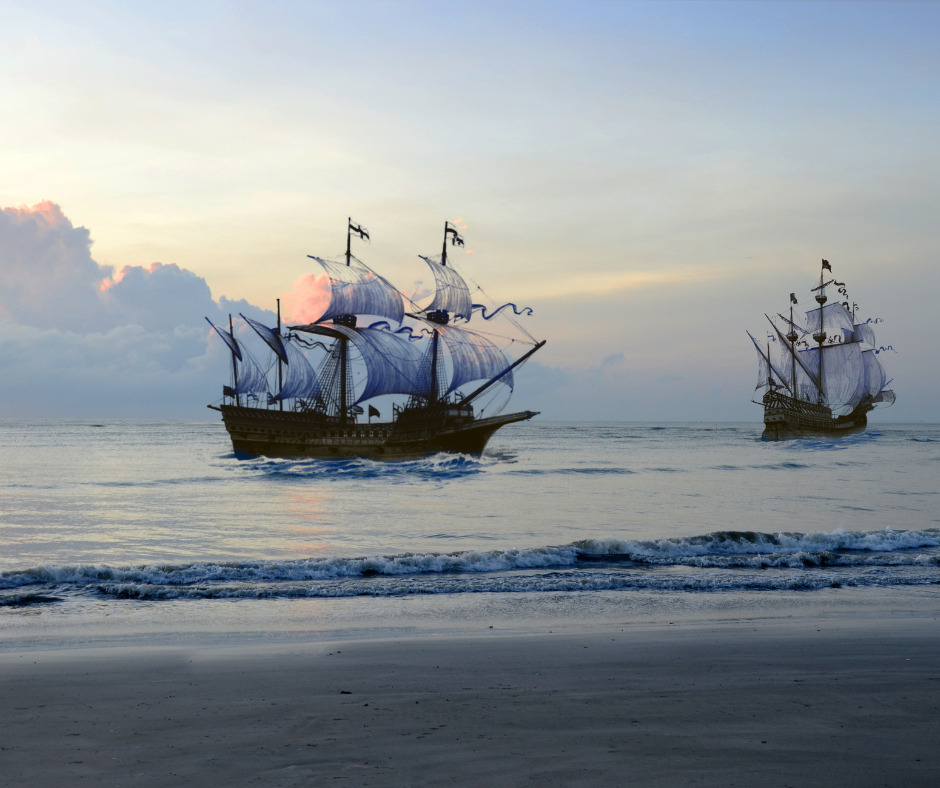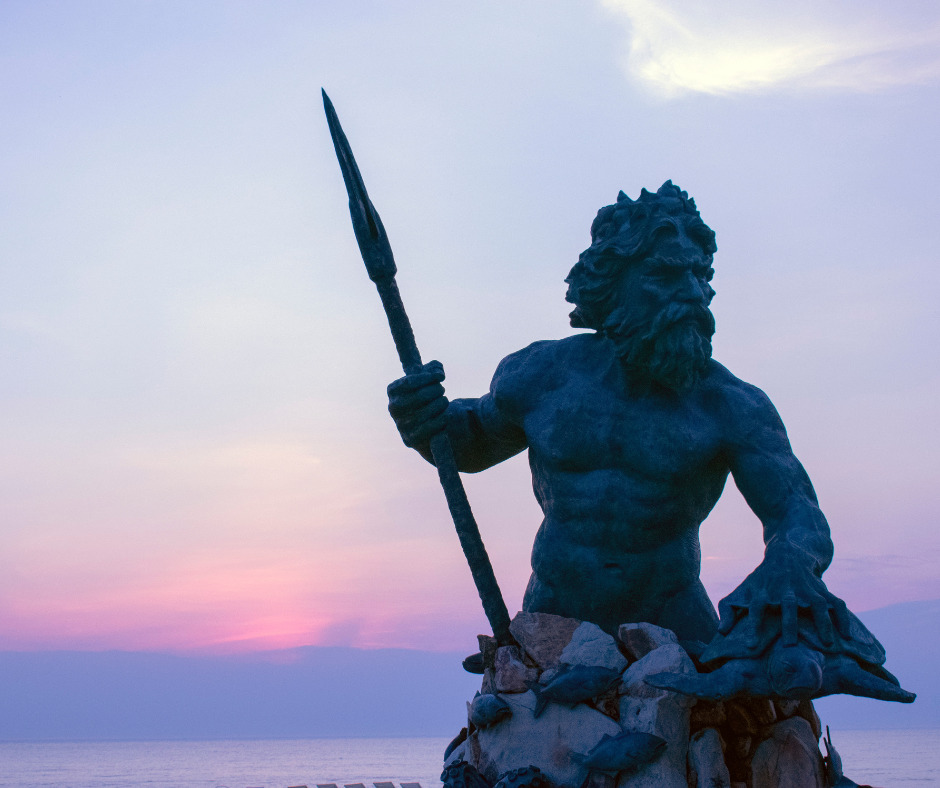
Sailing traditions and superstitions
For hundreds of years sailors have been out on the water faced with great dangers and uncertainties. Years ago, to help with this they would put their faith in superstitions, omens and luck to protect them and guide them home safely. These superstitions gave sailors a sense of control as they braved the unpredictable seas. Although sailing is much safer now, many seafarers still go by some of these nautical superstitions – here’s five of the strangest and most interesting boating myths..
Sailing weather myths
It was believed by sailors that whistling aboard a boat would bring bad weather. It was said to challenge the wind and cause it to increase, which could create a storm at sea. However, if sailors were on windless waters they may have whistled in hope of coaxing a breeze to help them sail. It was also thought by some that clapping on board would bring thunder and throwing stones into the sea would cause large swells. Mariners were also wary of bringing an umbrella onto a boat, as it was seen as tempting fate as they are linked to bad weather. To protect your boat against storms and other misfortunes, sailors would sometimes nail a horseshoe to the ship’s mast.
Myths around what not to take onboard
There are many superstitions around what not to take onboard a boat, the most common belief that began during the 1700’s was that it was bad luck to bring bananas aboard, due to the amount of ships that went missing that were transporting bananas. Fishermen also believed that travelling with bananas onboard meant they wouldn’t catch any fish! This stemmed from the fact that ships transporting bananas would travel quickly, so fishermen attempting to catch anything rarely would. Bananas also release ethylene gas which causes other fruits to ripen quickly, this meant it would make other fruits go bad and was seen as bad luck.
Crates of bananas were also home to dangerous spiders and snakes that would bite sailors and cause them to die suddenly. Seafarers also believed that they caused ships to sink, as legend has it that if a cargo ship sank the bananas would be found floating on the surface of the water. Flowers were seen as bad omens because they were associated with funerals and graves so they were never brought onto a boat, if they were gifted they were quickly thrown overboard. Rabbits and salmon were also seen as bad omens and if found on a boat they would often skip sailing for the day and stay at home instead.
Myths of what not to say onboard
There are certain words that sailors believed to bring bad luck, saying the word ‘drown’ while on a boat was believed to summon the event itself. ‘Good Luck’ and ‘Goodbye’ were also forbidden and it was unlucky for sailors’ wives to wave goodbye or call them after leaving the house for sea. Other words linked to land were said to bring bad luck, such as pigs, foxes, rabbits and church. Swearing while fishing was also seen as bad luck!

Renaming a boat myth
After a boat is named and christened, changing it is considered bad luck, this was because sailors believed that boats took on a mind of their own once they were named. Another explanation was that renaming a boat was a way of trying to trick the gods of the sea; according to legend each boat’s name was recorded in a ‘Leger of the Deep’ – changing the name without notifying Neptune, the God of the Sea, would incur his wrath. It was also seen as causing problems when travelling and trading if you changed your name as you had developed reputations at ports. If a boat must be renamed a de-naming ceremony is necessary before christening the boat again, according to superstition.
Myths about days to sail
Some superstitious sailors avoid sailing on certain days to protect themselves against bad luck. Friday has always historically been considered a bad day for sailing because it is the day Jesus was crucified. Thursdays are believed to be unlucky sailing days because it is the day of Thor, the god of thunder and storms. There are many other biblical days in history which many sailors would avoid setting sail on and the most superstitious sailors only set sail on a Sunday, which is regarded as the luckiest day for sailing.
There’s many elaborate nautical superstitions around the world believed by many, as well as the ones that bring bad luck there’s the ones that bring good luck! To bring good luck sailors often spit into the sea before setting sail, or before a long journey pour wine on the deck to bring good fortune. Some sailors will board with their right foot as stepping on with your left is seen as unlucky!
